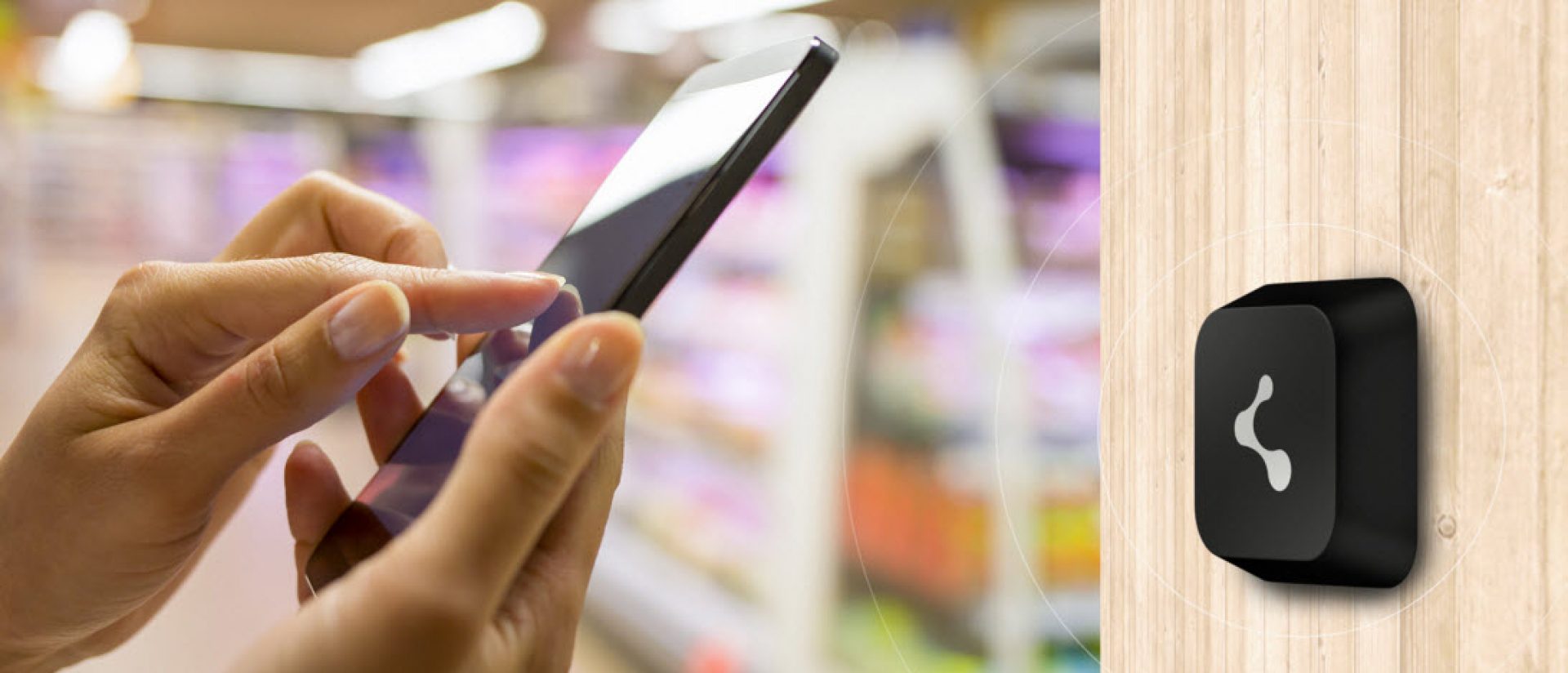Headset
Using a headset can make it easier to understand what BlindSquare is saying. At the same time, it is important to select a model that allows you to also hear traffic, echoes, and other auditory clues that help you to navigate safely. If your chosen headset supports Apple’s music control features, you may use the BlindSquare Audio Menu. It lets you use BlindSquare’s most important features through the buttons of your headset.
Bone Conduction Headsets
Bone conduction headsets, such as the models from Aftershokz, rest in front of your ears on your cheekbones. Sound is conducted through your bones, while your ears remain free. You may purchase corded or Bluetooth models. While VoiceOver is slightly more responsive when a corded model is being used, Bluetooth headsets are more comfortable to wear, especially when on the go.
Mono Earpieces
Many BlindSquare users like to use a mono earpiece. This leaves one ear free for them to hear auditory clues while walking. However, we are not aware of any model that supports Apple’s music playback controls sufficiently to operate the BlindSquare Audio Menu. You may consider using an earpiece of your choice in conjunction with a RiVO keyboard.
Bluetooth Speakers
Some Bluetooth speakers are portable and support the BlindSquare Audio Menu, for example the bēm wireless Speaker Band. For more information, you may watch this video demonstration of the bēm wireless Speaker Band.
Bluetooth Splitters for Orientation and Mobility Specialists
Bluetooth splitters are plugged into the headphone jack of an iPhone and can connect to two Bluetooth headsets simultaneously. This allows the O&M specialist and the student to hear BlindSquare and VoiceOver on just one iPhone. there are models by various manufacturers, for example the Monoprice Bluetooth Splitter. You may watch this video demonstration to see how it works.

